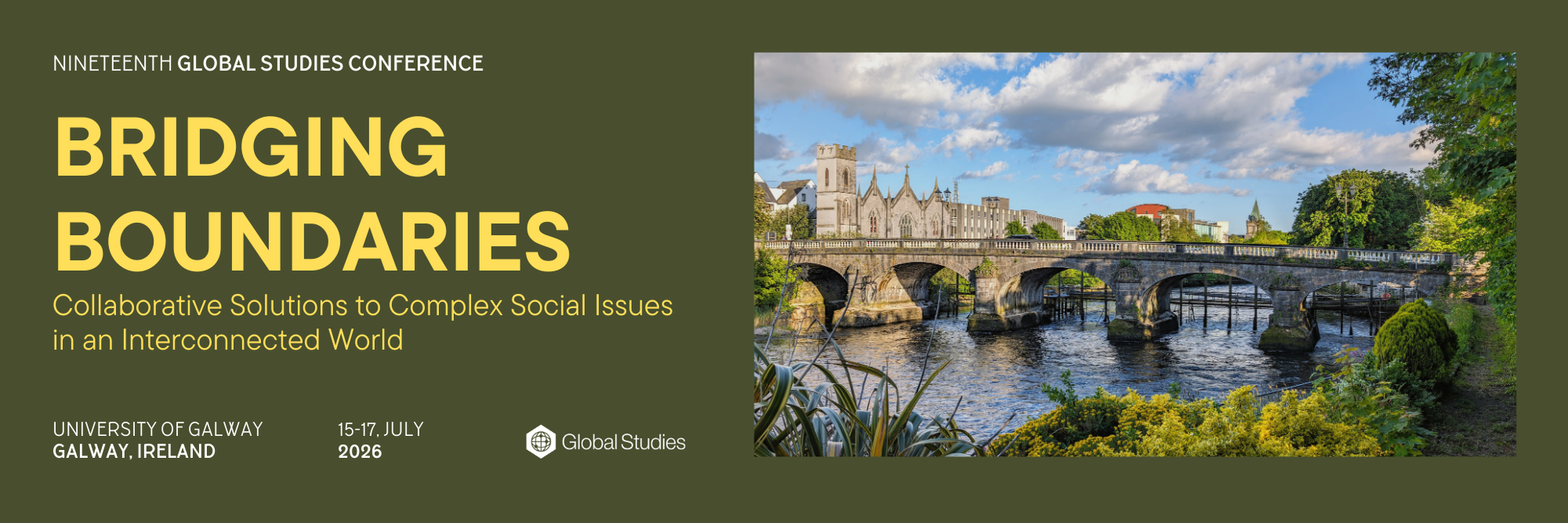Abstract
Global public governance aspirations have faced three main institutional challenges. First, geopolitical contestation. Second, the problem of silos. Despite ongoing and growing recognition of interdependencies between different manifestations of global governance, policy communities have shown reluctance to engage across thematic and operational divides. Third, certain countries, regions, and groups are seen as being excluded from the “universal” narrative, are forced to occupy a subaltern position, or hail from a different epistemological background, and are, therefore, marginalized by the dominant discourse. This paper explores what progress has been made in response to these challenges, as well as what further needs to be done. It advocates new forms of international cooperation to “route around” Washington in the age of Donald Trump. It embraces the humanitarian-development-peace nexus (HDPN) but emphasizes that this platform needs simultaneously to champion all three sides of the nexus, and mainstream human-centering. It further advocates taking an “overlapping consensus” approach that better reflects the cosmopolitan nature of the global community than does a one size fits all universalist approach and considers the potential for hybridity between perspectives.
Presenters
Brendan HoweDean and Professor of International Relations, Graduate School of International Studies, Ewha Womans University, Seoul Teugbyeolsi [Seoul-T'ukpyolshi], South Korea
Details
Presentation Type
Paper Presentation in a Themed Session
Theme
KEYWORDS
Governance, International Cooperation, Multilateralism, Global Society, Human-Centering, Intersectorality, Universalism/Relativism

